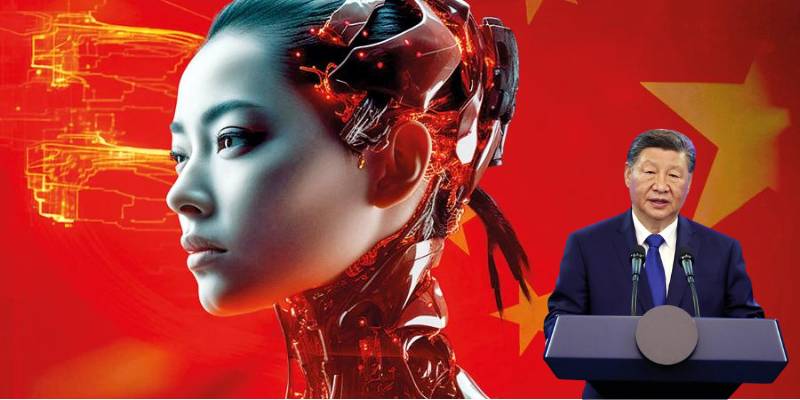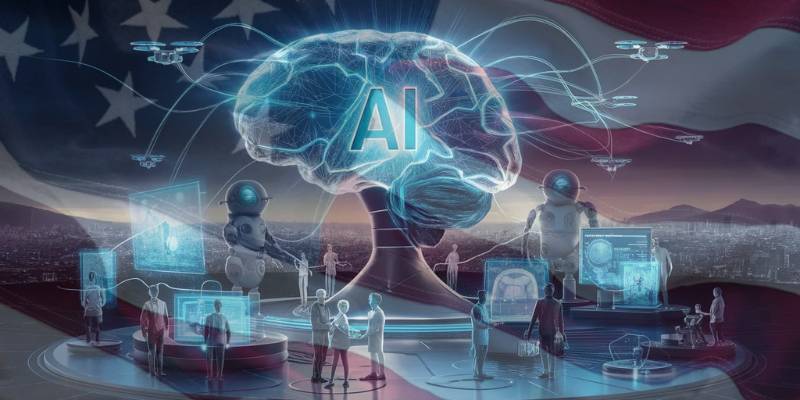China is making its biggest play yet in the artificial intelligence power struggle. Speaking at the APEC summit in Gyeongju, South Korea, President Xi Jinping proposed the creation of a new World Artificial Intelligence Cooperation Organization, a global body that would coordinate AI policy, standards, and ethics — and, not coincidentally, give Beijing a bigger voice in setting the world’s tech rules.
The proposal, unveiled as reported during the APEC gathering, comes as relations between Washington and Beijing over AI regulation, data, and trade remain icy.
Xi described the organization as a way to make artificial intelligence a “public good for the entire world,” suggesting Shanghai could host its headquarters.
It’s a clever move — part diplomacy, part power play — especially as the United States chose not to participate in some key APEC discussions.
In Xi’s framing, the world faces a choice between cooperation or fragmentation, and China, he argued, stands ready to lead the way toward “shared governance” of AI.
That stance was echoed by Chinese state media and amplified in international coverage of his remarks at the Gyeongju summit.
If this all sounds familiar, that’s because Beijing has been laying the groundwork for months. During the World AI Conference in Shanghai earlier this year, Premier Li Qiang floated a similar proposal, saying that AI innovation was “racing ahead of its rules.”
The new initiative builds directly on that vision of global collaboration, first highlighted when China’s leaders called for a unified AI governance framework to prevent what they described as an “exclusive game of the powerful.”
The backdrop here is as much political as technological. While Beijing pitches cooperation, Washington has been busy rallying allies to its own AI safety agenda, one that prioritizes transparency, democratic values, and data security.
Xi’s proposal is, in many ways, a counterweight — a soft-power push aimed at shaping the rules of the digital future before the U.S. or Europe can lock them in.
Observers note that China’s leadership sees AI governance not as a technical matter but as a strategic lever in a world where influence over data is influence over everything.
Meanwhile, other APEC leaders, particularly from South Korea and Southeast Asia, struck a more neutral tone, urging that trade and technology benefit all economies equally as the summit wrapped up.
Their cautious optimism underscored how the region is walking a tightrope between the two tech giants.
For smaller nations, a China-led AI body could offer inclusion — or dependency — depending on who’s holding the pen when the rules are written.
In Beijing’s own messaging, the subtext was clear: the West doesn’t own the future of AI. Chinese officials warned that without global coordination, artificial intelligence could become “an exclusive game for a few,” a phrase that’s already become a rallying line in state discussions about fairness and access, as reflected in China’s ongoing AI diplomacy efforts.
My take? This isn’t just about technology — it’s about narrative control. The U.S. has its AI safety commitments, Europe has its regulatory playbook, and now China is writing its own.
What Xi is trying to do is seize the moral high ground of “cooperation,” even as his government tightens domestic controls on AI within its borders.
The irony is thick: the country with some of the world’s strictest data restrictions is calling for global openness.
Still, there’s a strange sense of inevitability to it all. Someone has to write the rulebook for AI. The question isn’t whether that happens — it’s who gets to hold the pen.


